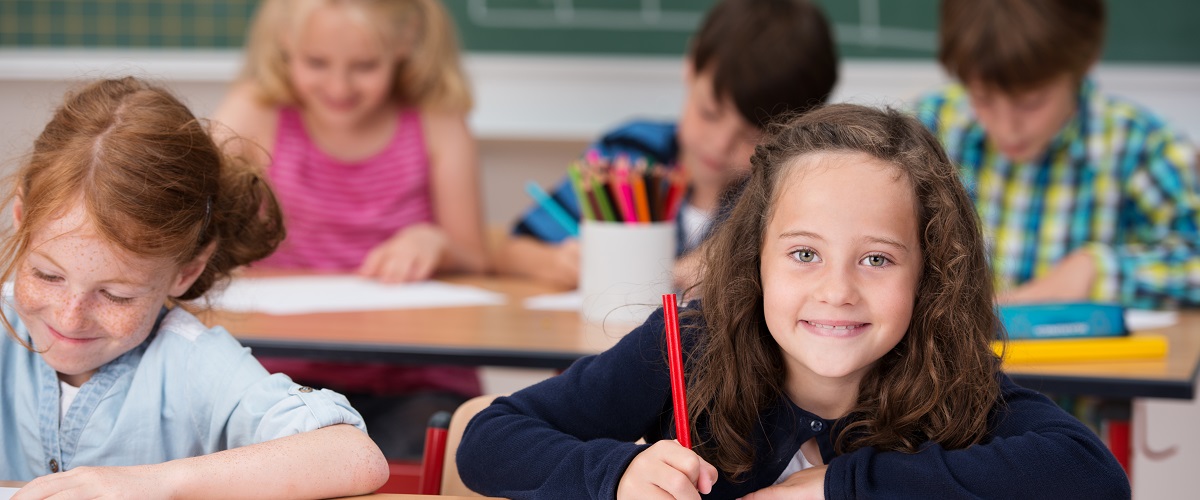The Dutch education system consists of primary education (‘basisonderwijs’), secondary education (also called high school, ‘middelbare school’) and higher education. Children from 4 to 12 years of age will attend primary education. From their 13th year, children go to secondary education, until they are 16, 17 or 18. After that, they can continue studying in a follow-up programme.
Primary education
Primary education in the Netherlands is divided into eight year layers, also called groups. Groups 1 and 2 are also called the kindergarten (‘kleuterklas’). In some schools, a class consists only of children from the same group, while classes at other schools are combined and consist, for example, from groups 3, 4 and 5.
Transition from primary education to secondary education
At the end of primary school (group 8), each child receives a level recommendation for high school. This recommendation is given by the teacher and results from the learning outcomes, test results and overall development of the child. The recommendation is binding and is sent to the high school for which parents have registered their child.
Read more about primary education on the Dutch government website >
Secondary education
After primary school, children go to secondary education. There are four levels in secondary education:
- practical education (praktijkonderwijs, PrO; 4 years)
- preparatory secondary vocational education (voorbereidend middelbaar beroepsonderwijs, VMBO; 4 years)
- higher general secondary education (hoger algemeen voortgezet onderwijs; HAVO, 5 years)
- preparatory scientific education (voorbereidend wetenschappelijk onderwijs, VWO; 6 years)
The first two years of study of the VMBO and the first three years of the HAVO and VWO are called the foundation. The last two or three years are called the upper qualification (‘bovenbouw’). In the upper qualification, students choose a field of study; this is called a profile. If they have passed their final exam, children can continue in higher education. What higher education they can follow depends on the level they followed in secondary school and their school results.
In secondary school and at some primary schools, children get homework. In the Netherlands, it is common for parents to help their children with homework at home.
Read more about secondary education on the Dutch government website >


